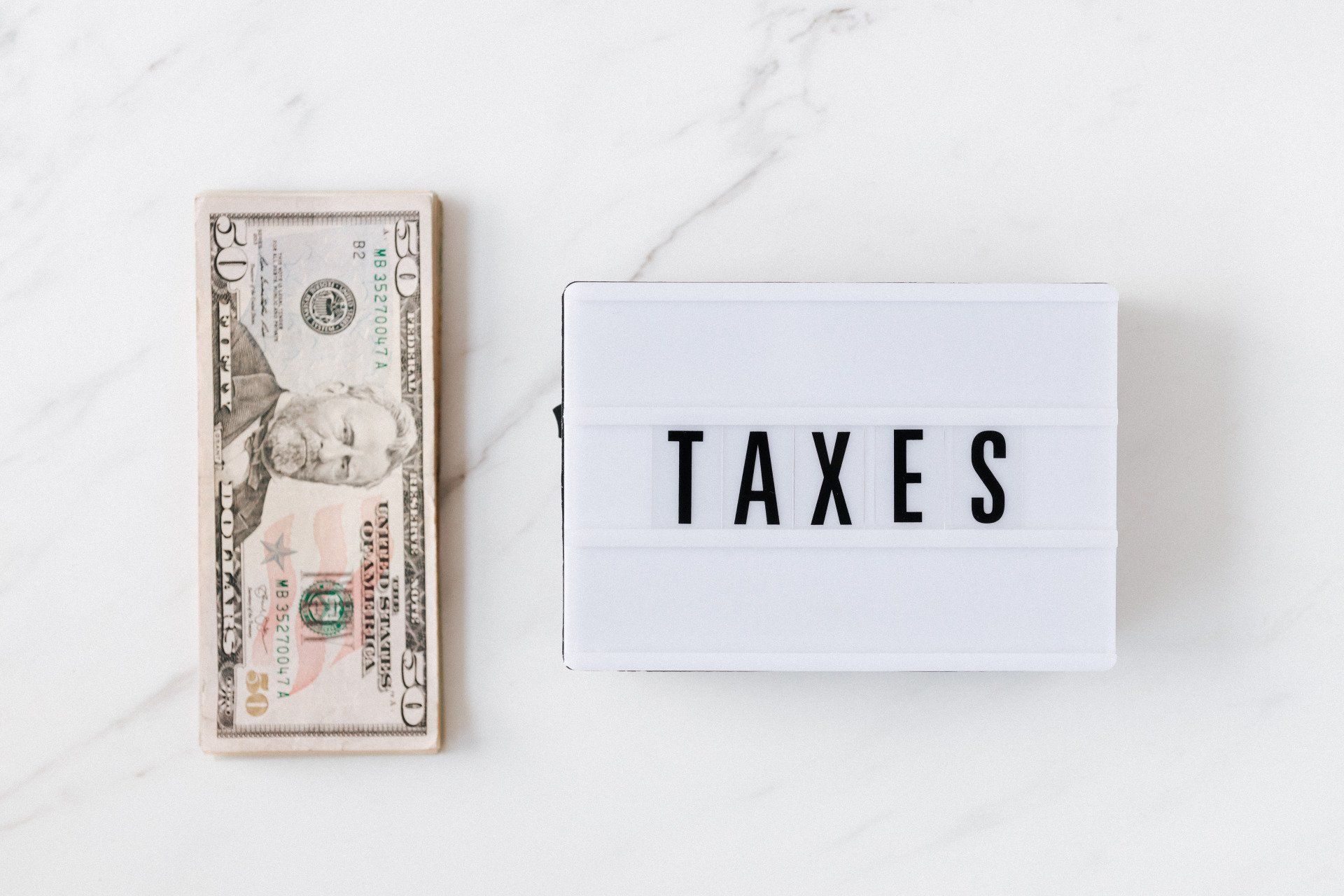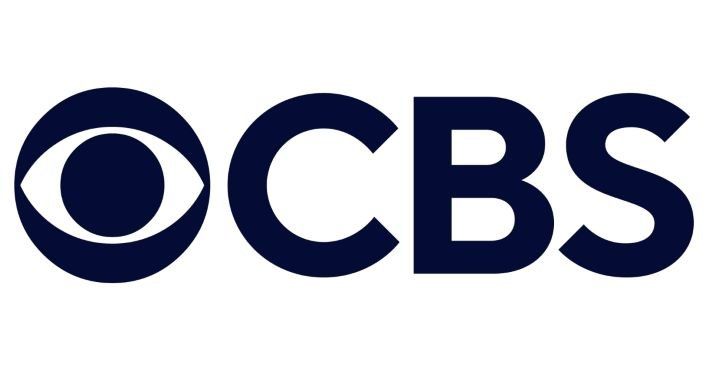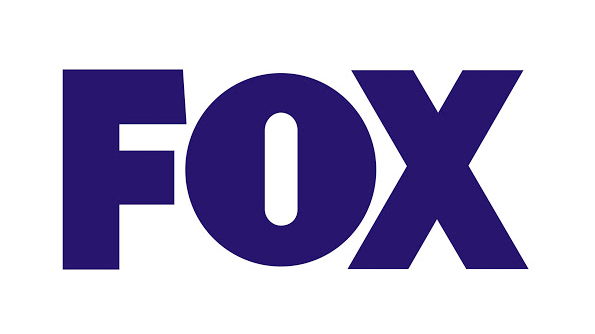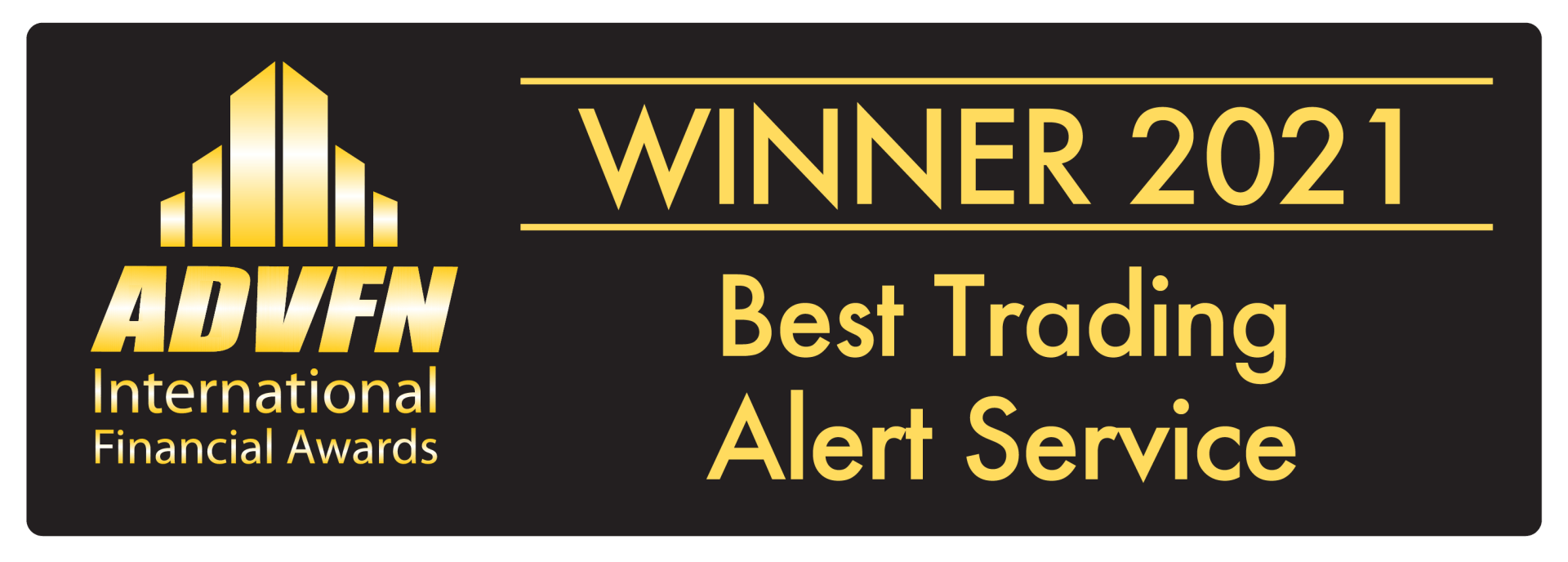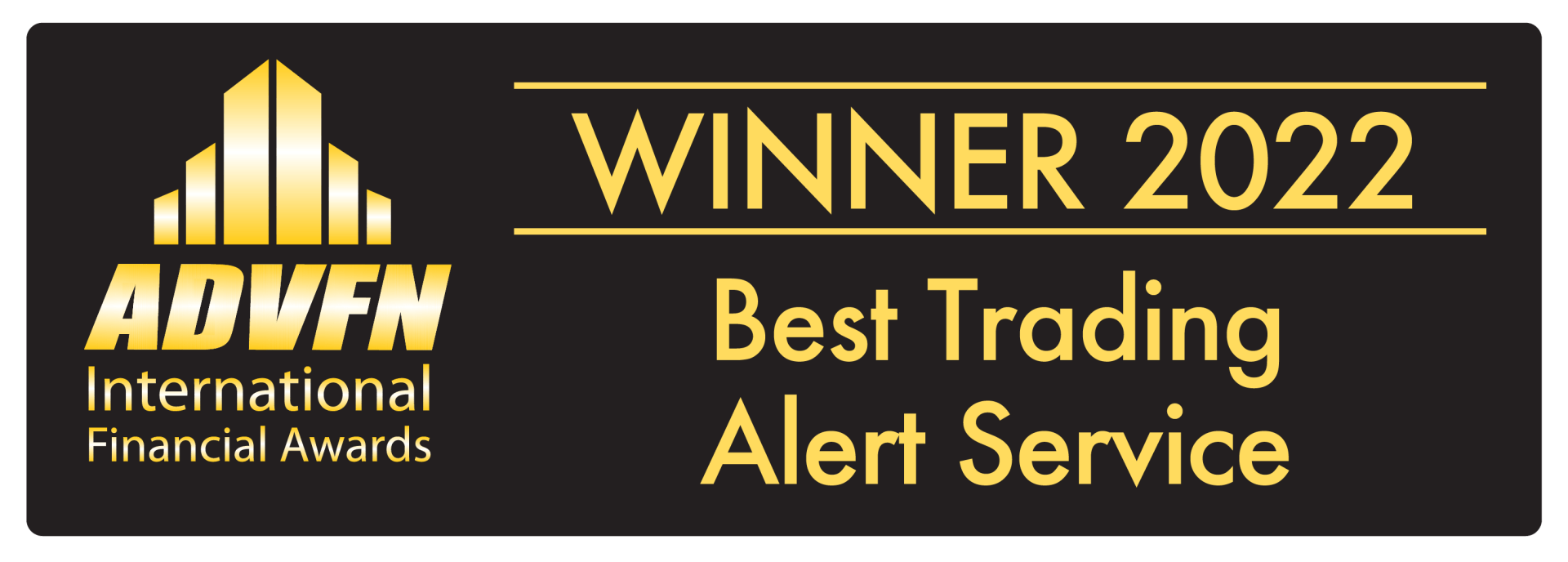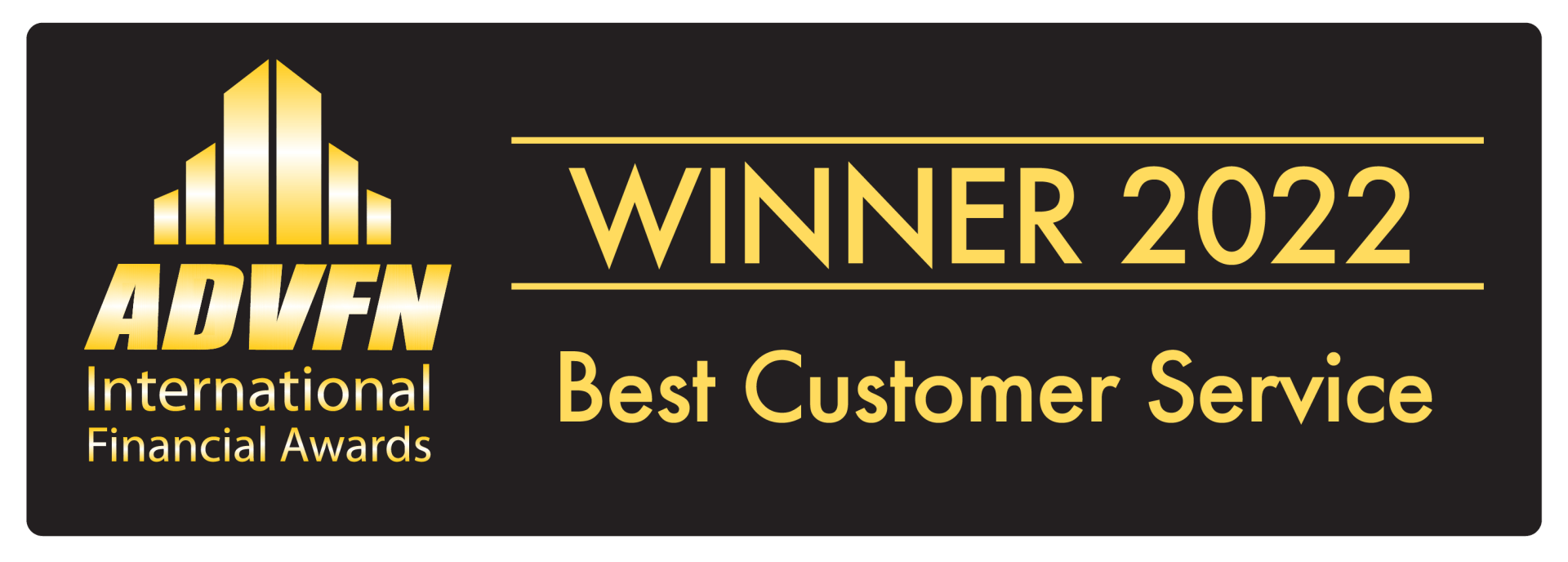What is Fiscal Policy
We all work to earn money, which we then spend on core living expenses such as rent, rates, food etc. If there is any over at the end of the month we may spend it on leisure activities or save it for a future purpose such as kid's college fees or retirement planning. Money, as they say, makes the world go round.
But you will have noticed that somebody takes part of your hard earned income before you even get it. Yes, we're talking about taxes. Have you ever wondered how tax policies and government spending work and how they influence economic conditions? Well it all comes down to Fiscal Policy.
Fiscal Policy
Fiscal policy refers to the use of government spending and tax policies to influence economic conditions and specifically macro-economic conditions. This covers employment, inflation, demand for goods and services and economic growth. It's basically a tool that governments have to create or reduce growth in the economy as well as funding all the important elements that keep a society stable i.e opportunities for individuals to develop and grow in addition to a safety net.
When a government collects taxes it raises funds which it can use to provide core government and social services for its people. Things that we often take for granted such as functioning public transport, an army, a navy, an air force, a police force, a fire service, hospitals, refuse collection, the upholding of law and regulations, building/maintenance of roads and other infrastructure, street lighting, social security etc. etc. are all funded by taxes.
When a government uses taxation to influence behaviour and the direction of the economy it is known as Fiscal Policy. This is often contrasted with Monetary Policy which is enacted by central banks and not elected government officials. Both Fiscal and Monetary policy used to be controlled by government but the two activities have now been split so that Monetary Control does not have a political bias.
Fiscal Policy in democratic societies is largely based on the ideas of a British economist John Maynard Keynes (1183-1946), whose theories were developed in response to the Great Depression. Keynes believed that governments could stabilise business cycles and regulate the output of the economy by adjusting tax policies and spending to make up for the short falls in the private sector. In this way fiscal policy should work in harmony with business policy. To put it simplistically if private sector businesses are contracting due to economic headwinds then the government should invest in schemes to increase employment opportunities.
This is exactly what happened during and after the Great Depression with US government funding the creation of National Parks and the Hoover Dam.
Government and Local Government
Taxes are typically levied by both central and local government. Central government taxes are typically collected by a revenue collection service, such as the Internal Revenue Service (IRS) and are related to the core income that you earn. These taxes are deducted from your pay before you get your money. Local government taxes are typically collected in local or sales taxes and are paid from your take home pay. See what they've done here, you already paid tax on your original earnings and now you're paying again on income you received that has already been taxed. Clever huh!
Although it differs by country, central government taxes are normally spent on big ticket items like defence, national infrastructure, business incentives, institutions such as tax collection, legal infrastructure (supreme courts), unemployment benefit etc. Local government taxes tend to be spent on social housing, social care, local law enforcement, refuse collection, local initiatives, business incentives etc.
If a governments want to put extra incentive into the economy to boost the economy it can do so by investing in infrastructure projects itself or by offering subsidies that will motivate private sector companies to grow. The latter approach is also a great way for a government to steer private industry in its preferred direction, as is the case currently with green subsidies.
To help stabilize an economy a government should run large budget deficits during economic downturns (it is using the money to invest in growth) and run budget surpluses when the economy is in growth (it is saving the money for future down cycles). These policies are respectively known as expansionary and contractionary fiscal policies.
In summary, Fiscal Policy encompasses the collection and spending of taxes by goverments in order to run and grow the economy in a sustainable way and to offset any private sector drop in activity. The goal is to sure long term economic viability.
Useful Links:
The Problem with Economic Forecasts,
What is Monetary Policy,
Picking Stocks in 2023,
Your Best Shot at Goal,
Speculating vs Investing,
Profile of a Futures Trader,
Invest in Yourself
Inteligex generates award winning High Probability Trade Signals and Indicators to increase your chances of trading success. It gives you a clear process which provides discipline to your trading. Comprehensive support and training means that all new Members get up to speed quickly. Learning is fun and fast in the inclusive Trading Room and we support you every step of the way. Perfect for those who want to learn to trade or improve their trading.
The Inteligex trading system is award winning, simple to learn and easy to use. It offers both manual and auto trade solutions using High Probability Trade Signals and Indicators, for more information see here.
When you trade Nasdaq 100 technology stocks: trade nq, e-mini nq; S&P 500 stocks: trade es, e-mini ES or Russell 2000 stocks: trade RTY, e-mini RTY or commodities or Forex then use Inteligex, the best, award winning Trading Signals System.
